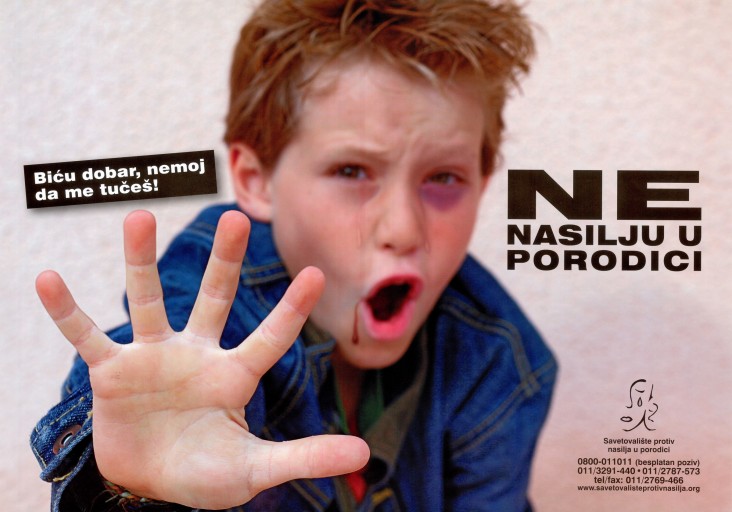Speeches Shim

November 2016—Statistics are grim for the victims of domestic violence in Serbia. In 2015, 36 women died from domestic violence. Since the beginning of 2016, 16 women have been killed and 3,530 have contacted the helpline of the Counseling Against Family Violence, a civil society organization that provides support for victims.
Recognizing the importance of victim safety and the need for a well-coordinated community response to domestic abuse, USAID’s Judicial Reform and Government Accountability project partners with civil society organizations throughout Serbia.
The Association of Public Prosecutors received grant funds from USAID in March 2012 to promote an interagency model for handling cases of domestic and family violence that provides for close cooperation between the judiciary, the police and social and health care centers. Initiated in Zrenjanin in 2007 and circulated in the misdemeanor courts with USAID support, the model led to grant agreements in 10 Serbian towns.
Thanks to the grants, prosecutors in these towns can file requests for protective measures for victims prior to the determination of the final verdict, greatly safeguarding their well-being during the proceedings. In Leskovac, the prosecutor’s office, the police and social services agreed on a protocol that requires perpetrators of domestic/family violence to undergo six months of psychosocial therapy.
In 2013, USAID worked with Counseling Against Family Violence to develop an easy-to-read handbook that guides victims through their rights and roles in the judicial process. The handbook provides information on victim services and protection organizations throughout Serbia. The following year, USAID helped establish a network of free legal aid for the victims of domestic/family violence. Currently, 40 trained lawyers provide pro bono and low-cost legal services to family violence victims in 22 towns.
“I believe this project has already shown multiple benefits primarily because this is the first time that victims in smaller communities in Serbia have access to free legal aid,” said Tijana Kostic, an experienced legal aid provider in a safe house in Belgrade. “To date, 370 victims received assistance through the network. It is an encouraging fact that, as they obtain proper legal advice, most of the victims feel empowered to break the vicious circle of violence and file charges against abusers.”
Another priority for the project was to improve the often poor financial situation of victims. Women residing in three of Serbia’s safe houses received vocational training to increase their employment potential and economic independence from their abusers.
A woman currently residing in a safe house operated by Counseling Against Family Violence shared the following story:
“Ever since I was 18, I suffered abuse from my husband, who is an alcoholic. When our children also became victims of his aggressive behavior, I wanted to break away from the agony that we were living in. However, I had no support. It is only through this project … and with the help of expert lawyers, I was able to seek protection from violence and was given an opportunity to start a fight to protect those rights that I was denied my whole life, putting up with beating, insults and humiliations every day. Now I know that, with the right advice and support from the experts, I have become strong enough to last through the court proceedings, fully aware that I must not blame myself for the violence I have suffered.”
Also encouraging is the fact that the Council of Europe Convention on Preventing and Combating Violence against Women and Domestic Violence (the Istanbul Convention) was ratified by Serbia in November 2013 and entered into force in August 2014. The Convention aims to prevent violent acts against women and prosecute those who commit such acts. It also establishes a monitoring mechanism, including the collection of statistical data, to ensure effective use of its provisions by all parties.
The new Law on the Prevention of Domestic Violence, that introduces a more coordinated and faster response in cases of domestic violence and ensures greater protection for the victims, was adopted on November 23, 2016. It recognizes the importance of an integrated response by state institutions and the need for prompt action across the board to ensure victims receive the protection they are entitled to before it is too late.
USAID’s Judicial Reform and Government Accountability project ended in November 2016.
LINKS
Follow @USAIDSerbia, on Facebook, on YouTube

Comment
Make a general inquiry or suggest an improvement.